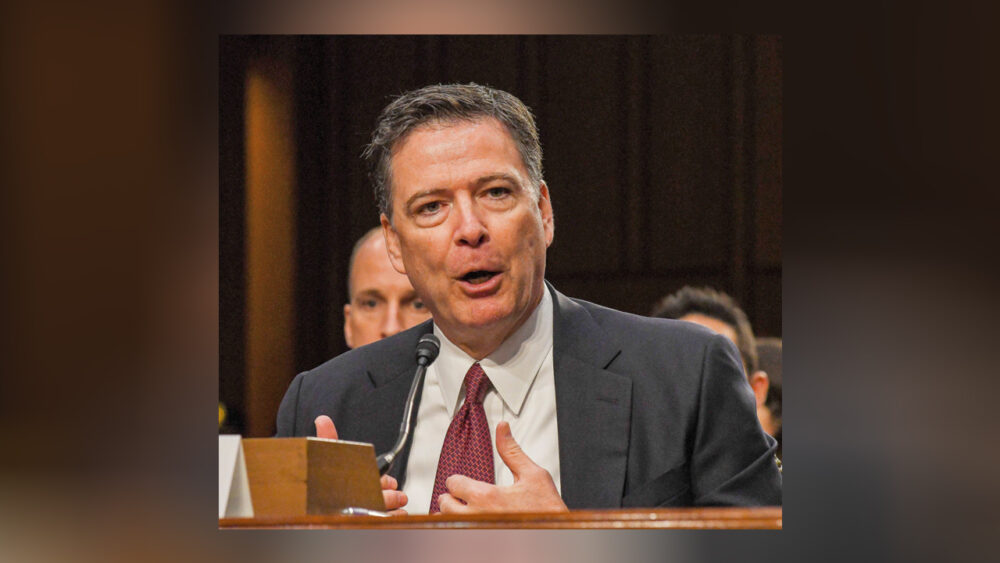The FBI’s credibility has taken another blow.
Recently declassified internal memos show that Daniel Richman — James Comey’s longtime friend and self-described “media whisperer” — couldn’t say for certain whether he shared classified information with the press while helping shape the now-debunked Russiagate narrative.
Richman, a Columbia University law professor who served as Comey’s unofficial conduit to The New York Times, told FBI investigators in 2019 that his goal was to “correct stories critical of Comey and the FBI” and influence future coverage, according to FBI memos first reported by Just the News. Those interactions aligned with the Bureau’s investigation into alleged Trump–Russia ties.
When pressed about a 2017 exchange with Times reporter Michael Schmidt — who appeared to have classified knowledge Richman did not — he said he was “pretty sure” he hadn’t confirmed any classified information but couldn’t say with full confidence.
These disclosures were part of the FBI’s classified “Arctic Haze” leak investigation. Richman admitted to being one of Comey’s media channels, but no criminal charges were filed.
The Russiagate probe produced no evidence of Trump–Russia collusion. The Richman memos show FBI leadership selectively leaked to shape the political narrative — a tactic previously detailed by DX in coverage of Brennan and Clapper’s denials when confronted over allegations of a politically motivated Russia investigation.
Richman had previously leaked Comey’s memos about conversations with Trump — leaks that helped set the stage for the appointment of Special Counsel Robert Mueller.
Taken together, these developments confirm the view that the FBI’s top layers blurred the lines between law enforcement and political messaging — a concern now under congressional scrutiny.


